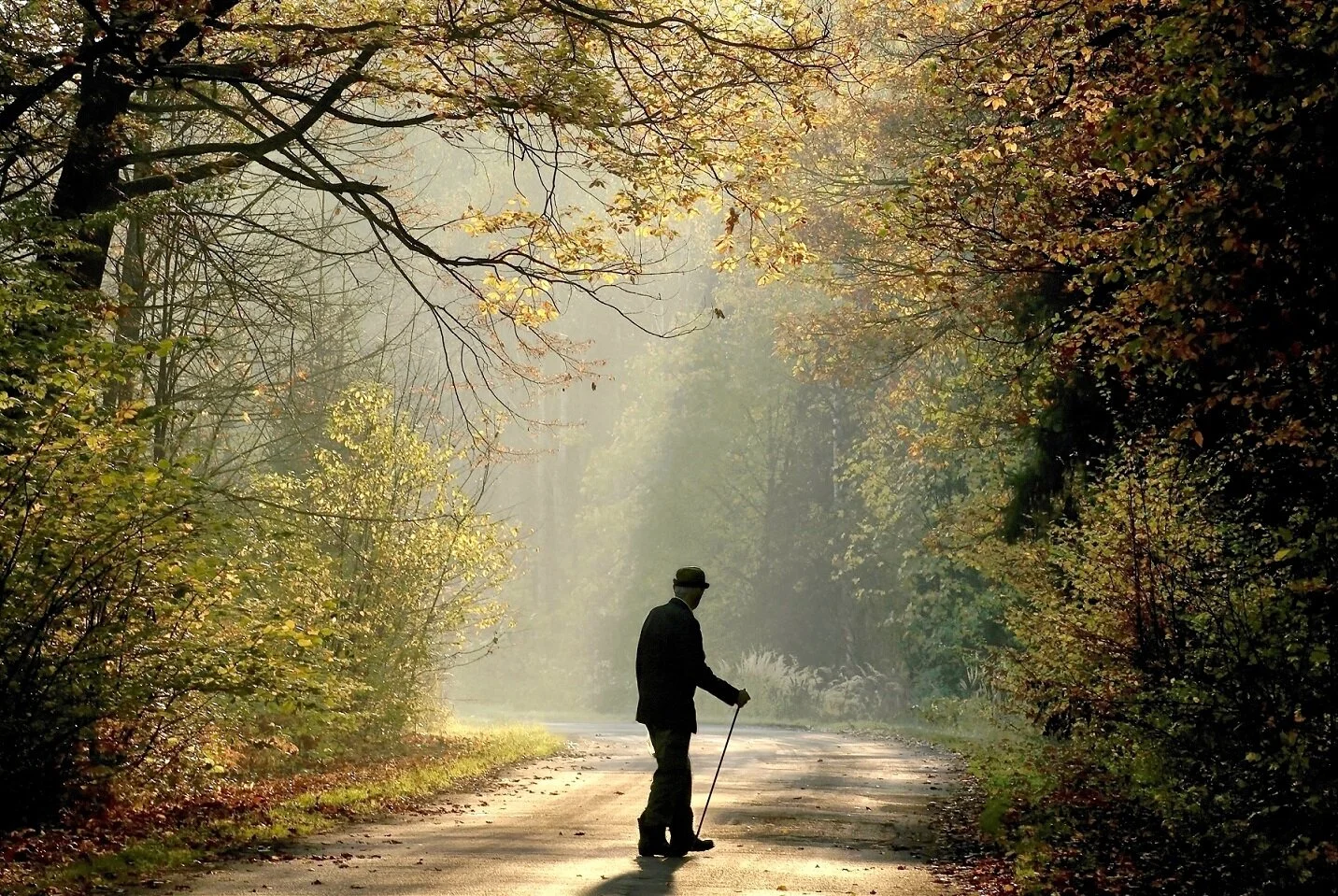For the first time, research provides actual figures showing the relationship between activity levels and heart attack survival
Interesting biotech developments for self-sufficient Martian colonies
Perceived sincerity is affected by how long it takes to answer questions
How long has the ice on the Martian north pole been there?
Scientists discover that it is possible to communicate with people while they dream
Playing video games lowers risk of depression later in life for boys
Scientists may be able to predict types of dementia more accurately based on walking patterns
Insomniacs may be getting more sleep than they think
Five unusual technologies for harvesting water in dry areas
New high-tech backpack design promises load-reduction utilizing waste energy from walking
Home AI's and smart devices may soon be able to monitor our mental health
In evolution, the need for sleep may have arisen earlier than the acquisition of a brain
Soil biodiversity in danger: why it is crucial to protect what lies beneath our feet
When we think about protecting our environment, we often think of what lives above the land; we think of the trees, the wildlife on our moorlands, and removing plastic from our oceans. But we need to start looking further down, to what truly lies beneath our feet and beyond what our eyes can see; we need to look to what inhabits our soils.
Counterintuitively global temperatures increased due to worldwide lockdowns
Could a human enter a black hole to study it?
Gut microbes may hold the key to a new anorexia treatment
Anorexia is a debilitating and potentially fatal illness suffered by millions of people worldwide. First recognized by medical professionals in the 19th century, treatments for this devastating disease are still limited. A recent paper published in Frontiers in Psychiatry details a study carried out by an Oxford University team that suggests anorexia may not be exclusively psychological.
Life could have existed deep under the surface of Mars
Study into toxic plants could lead to new treatments for human diseases
Many plants use toxins as a defense against being eaten. But why do these toxins not harm the plants themselves? Scientists at the Max Planck Institute for Chemical Ecology and the University of Münster have investigated the mechanisms involved in defensive toxins in plants, and their findings may lead to new treatments for human diseases.
Stretching is more effective at lowering blood pressure than walking
Hypertension [or high blood pressure] is one of the leading preventable causes of cardiovascular disease. The preferred treatment for hypertension has long been moderate exercise. But a new study carried out at the University of Saskatchewan has found that merely stretching for 30 minutes is even more effective than a brisk walk.



















